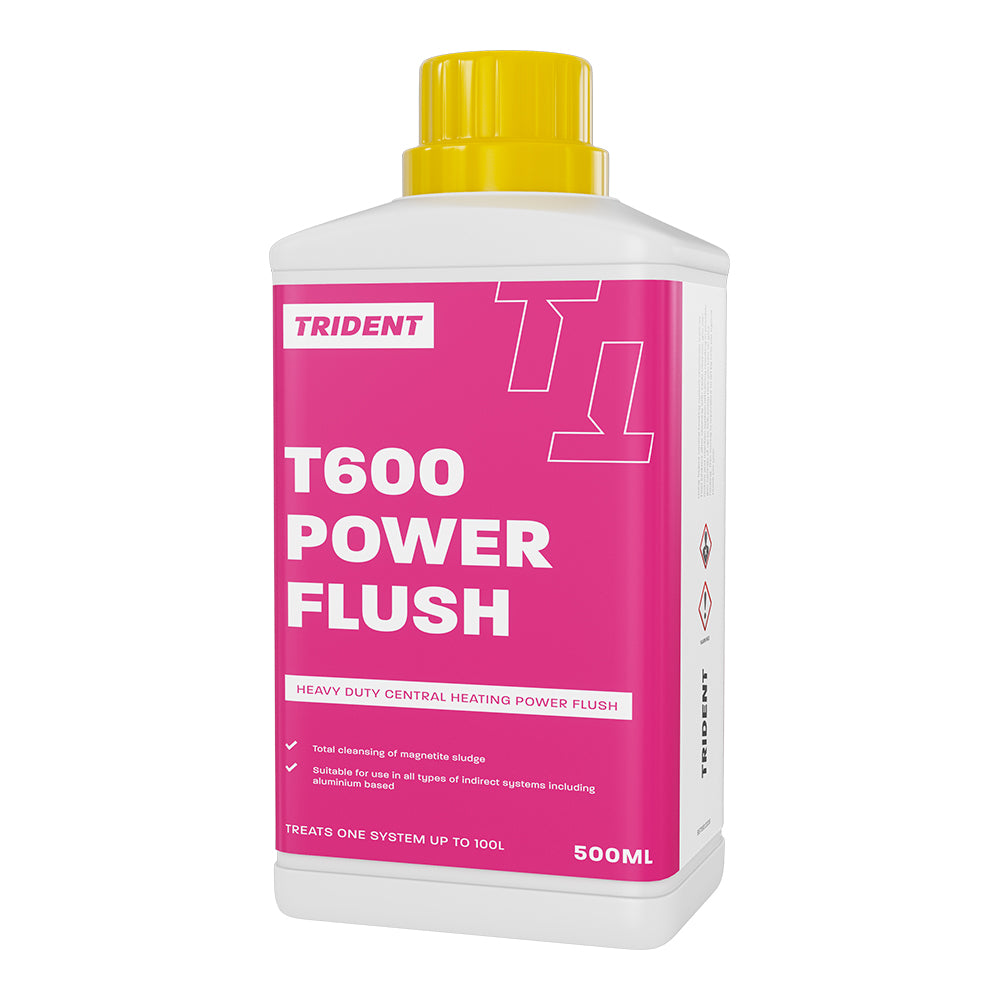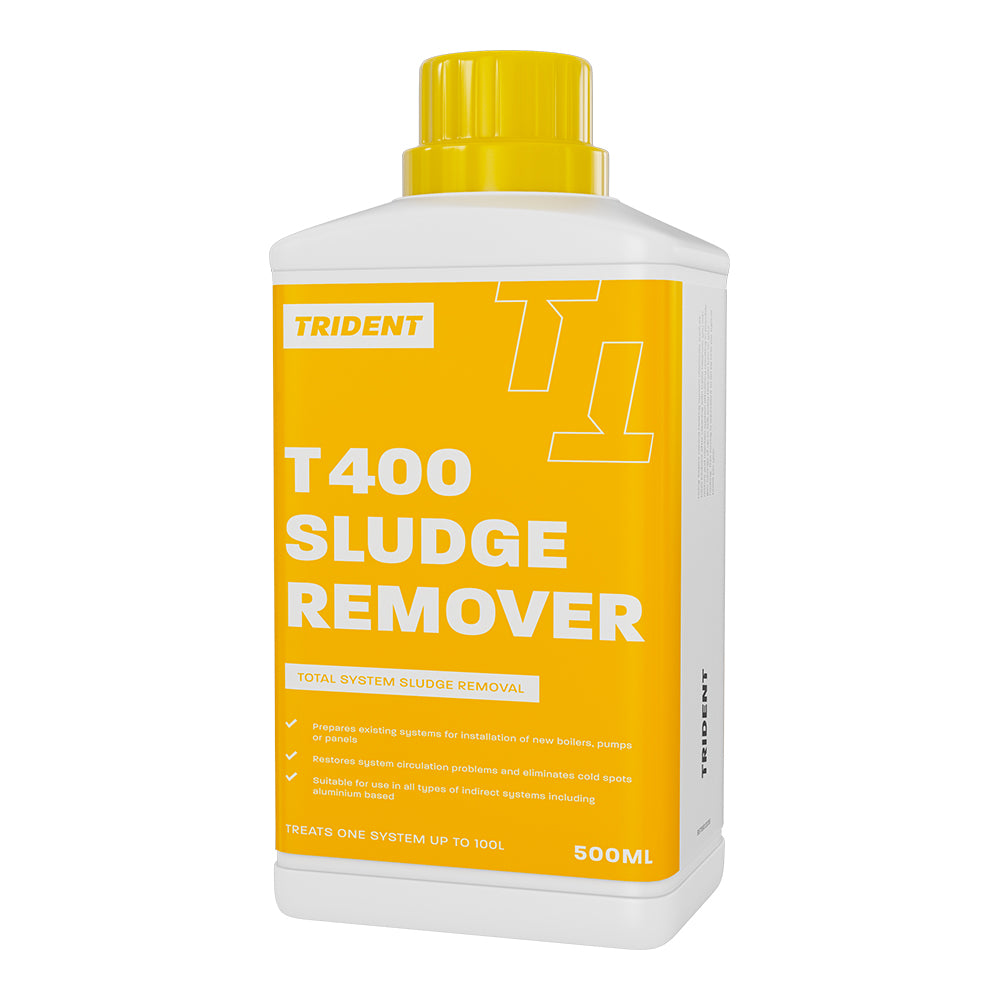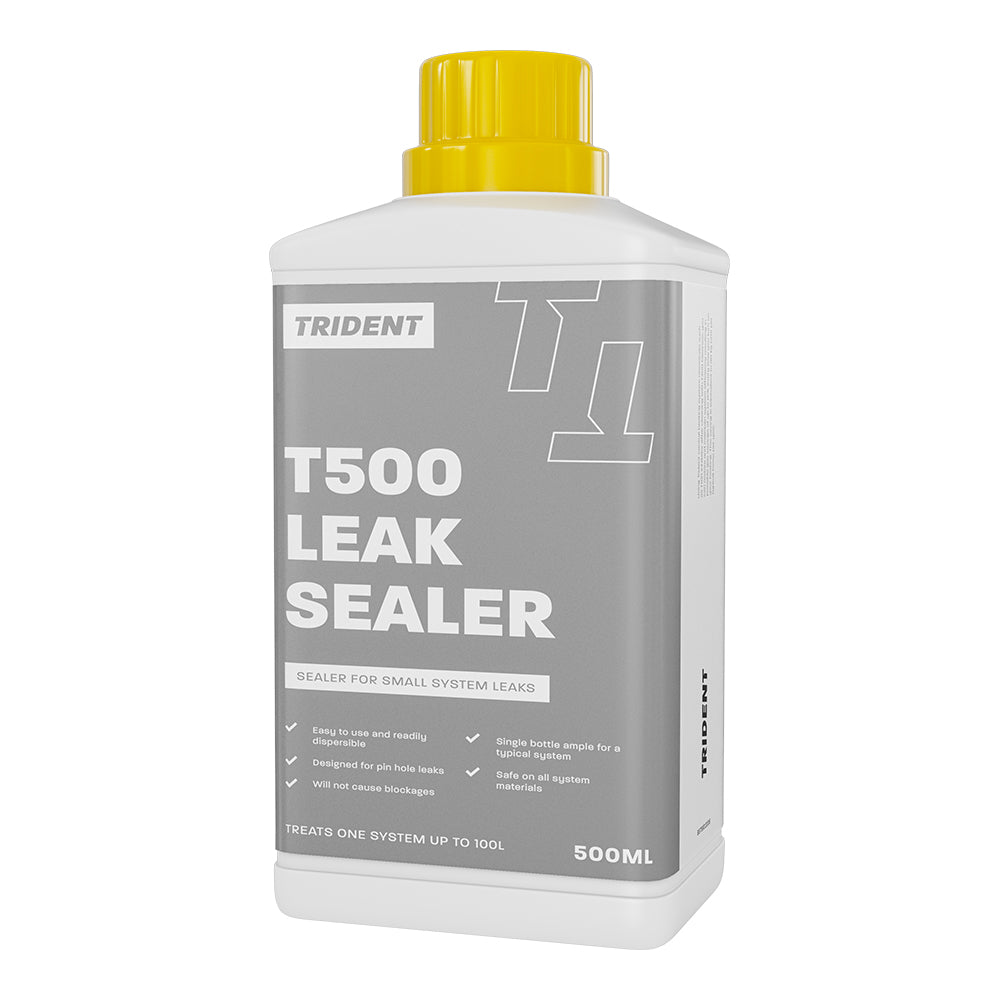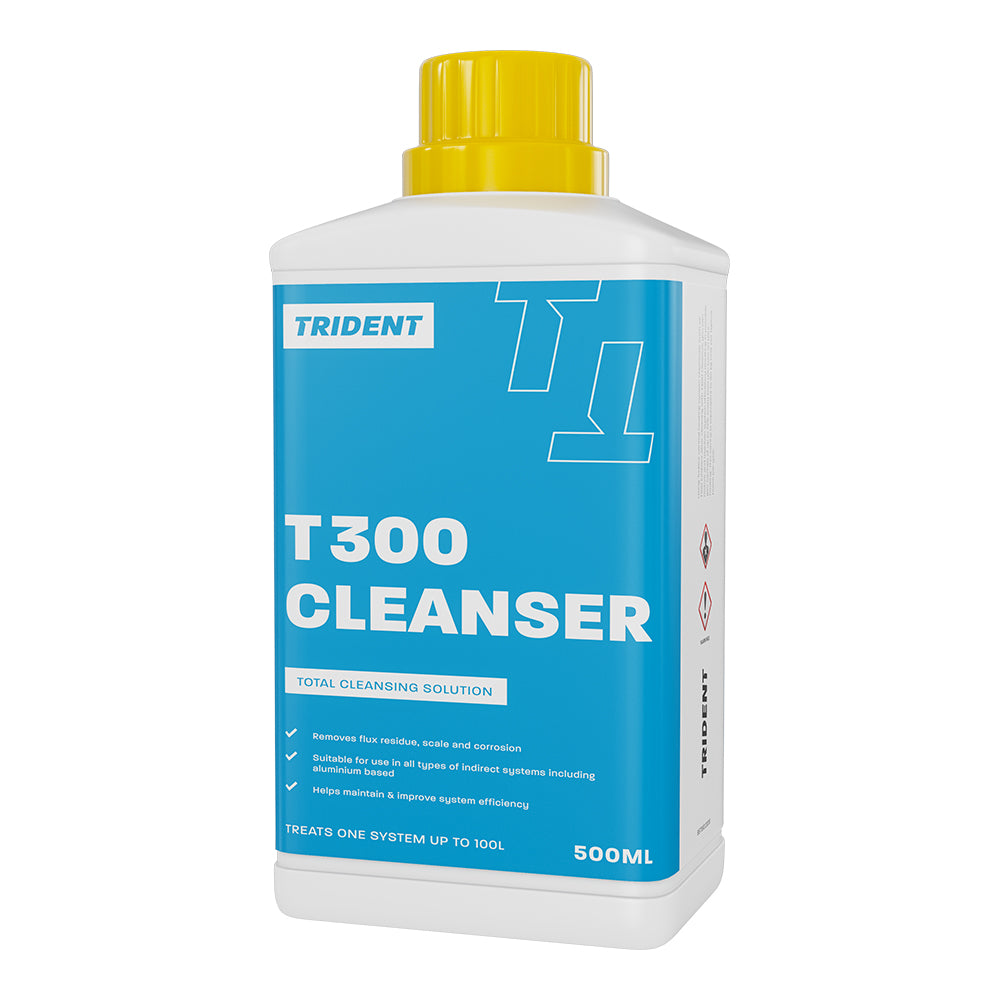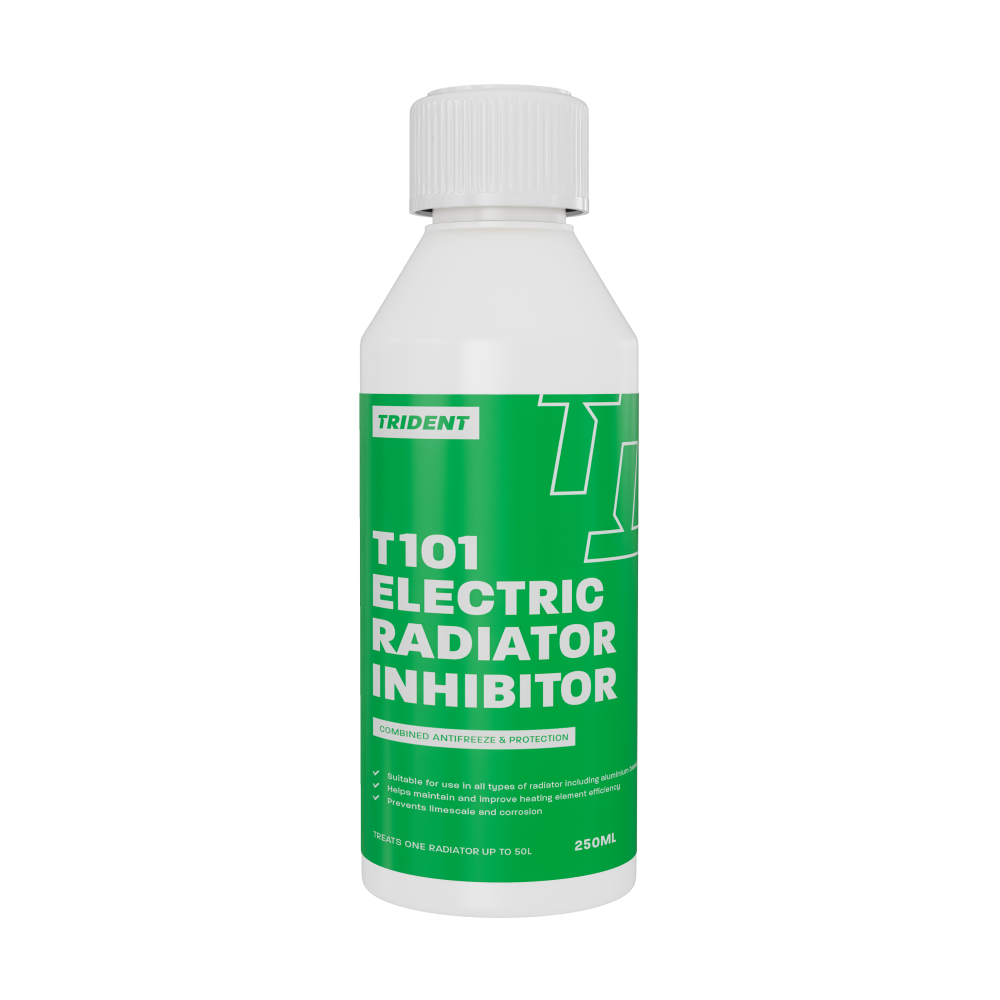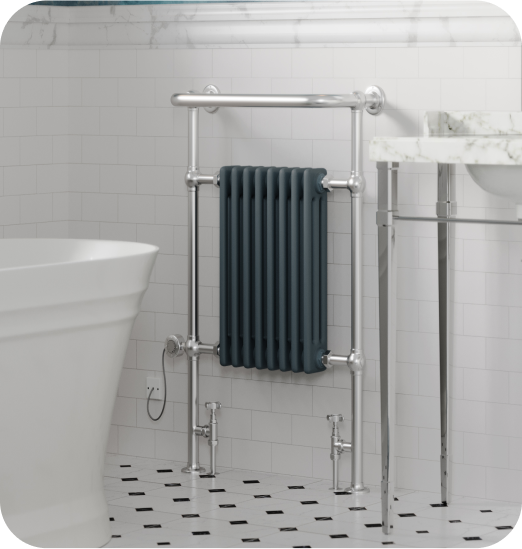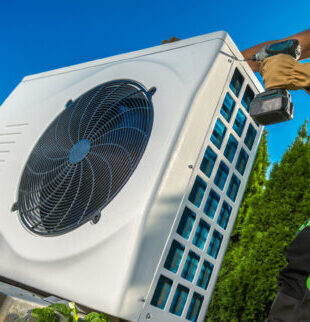
Can Heat Pumps Work with Radiators?
A topic of hot debate right now. While this question at first glance is simple and can be answered with a simple “yes”, how does that address all the concerns we have and see in the media: bills skyrocketing after heat pump installations; lukewarm radiators; how can heat pumps work in the cold; and many more. The real question is - How can we prove that heat pumps can work with radiators? Not only proof that heat pumps can be installed with radiators but also that they can lower both your carbon footprint and running costs. Well, that's exactly what we are going to attempt to do here - right in this very blog! But, instead of just a simple yes/no approach, we are going to tackle this problem with evidence and provide understanding of heat energy, which will in turn give you the knowledge to succeed with a heat pump installation. We are going to focus on the technical bits you need to understand and cut away any technical nonsense that, while it may be interesting to some, won’t actually help you. Every home is different, even a property in Brighton which is identical to a property in Scotland is still not identical in every way when it comes to home heating. Because of this, we need to change the question “Can Heat Pumps Work with Radiators” to “Can heat pumps work with radiators in my home”. But just because your current ones wouldn't work, doesn’t mean radiators cannot work.How do heat pumps work?
There is so much heavy-handed science that normal people are expected to understand when it comes to heat pump explanations. We’ll do our best to keep the science and jargon to a minimum while giving you the information you need. Setting aside energy saving and cost of heating bills concerns, heat pumps work as follows: They do what your fridge/freezer does, just with a different goal- Fridges take heat energy from inside the fridge and put it in the room.
- Heat pumps take heat energy from the outside world and put it in your room.
- A heat pump uses energy from the grid (electricity) to get extra energy from the outside world.
- How well it does this is called the COP (coefficient of performance), we call this efficiency.
- For every 1KWh taken from the Grid, it supplies 3KWh of energy to the room, this is a COP of 3, or efficiency of 300%.
- Air to Water
- Takes energy from air outside, uses that to heat water in radiators.
- Max internal temperature for radiators is around 55 degrees.
- Higher internal temperatures and lower external temperatures mean a lower COP, so the colder it gets outside, the higher the water temp for radiators and the lower the COP.
- Big box installed on side of the property.
- Ground to Water
- Similar to Air to Water but can have a higher water temp in radiators.
- Ground temperature is usually quite a bit higher than air temperature, so better for colder areas like the Scottish Highlands.
- Installation costs are higher, plus you need to dig up your garden to lay ducting.
Can Radiators work with heat pumps?
Yes they can, there is no question here as to the compatibility of the technology. The question really is “will heat pumps work for you”, which is highly dependent on your geographic location and property type. Without any hesitation, we can say that for Single Brick uninsulated Properties, anywhere in the UK (at the time of writing in 2023), an Air to water heat pump system won’t work, let alone save any form of money. A Ground to air heat pump could possibly work but don’t expect savings or lower bills. I personally would also be hesitant with double brick uninsulated properties. So in these instances, you need an extra £9-£15k on average to improve your home and make heat pumps realistic. Cavity wall uninsulated properties on the other hand, would only need about £1k to make them realistic for heat pumps. Well-insulated properties and anything built after 1985 are going to have a good shot at working well. If you have a Grade listed building, just don’t. Not for many years until technology improves and special grants can be made available. Before looking into the financials of getting your property ready for a heat pump, you should be asking “How much will it cost to run” as even if you can scrape together £10k to improve your home, is it even worth it long term?How reliable is the COP and SCOP on a heat pump?
COP = Coefficient of performance, how efficient it is. SCOP = Seasonal Coefficient of performance. Coefficient of performance is a way of representing efficiency, so if you take 1KW from the national grid (that you pay for), and get 2.3 KW free from the environment, with a total of 3.3KW of heat energy in your home, your COP is 3.3KW. In our opinion, this is an area that is pretty poor right now within standards and deployments. We explain our view fully in this article, Is the COP on a heat pump accurate?How important is it to work with a competent heat pump professional?
It is vital that you work with an industry professional that understands how to relate the COP and SCOP on heat pumps to your geographical area. Further to this, when it comes to money saving, this has to relate to the heating system you have in place and your current costs. This concept changes drastically across the landscape of the UK and differing properties that are present along with comparable heating systems already in place. It is quite a job to get right, but it has to be done regardless of the effort required.So, will I need bigger radiators to work on a heat pump?
Yes, that is a safe assumption. How much bigger is situational and dependent on the heat pump type and amount of COP you want to achieve. There are a very small number of properties that are an exception to the rule, some properties built after 2005 may be suitable with current radiators, but those will be the rare exceptions.Are there particular radiators for Air source heat pumps?
The radiators available to you are no different from how you define what is available for your current heating system. You calculate the heat loss of the room for your geographic location.
You have a desired water flow temperature, this is represented by the “Delta” listed on the radiator for Delta 30 (55°C flow temperature). Alternatively, if you want a lower Delta value, you will need to use the KM and N values (your heat pump professional should know how to do this), you can use a factor table, but it's not the best or most accurate method. So the answer to this question is, don’t pick radiators on your own, do it with your competent heat pump installer/engineer. Your choice will impact the water flow temperature to meet the home energy requirement for the room, therefore, picking badly means higher water flow temperatures needed and a lower COP. They also need to relate the COP to the Geographic Winter Design temperature.
Are there particular radiators for ground source heat pumps?
Ground source heat pumps can have a higher water flow temperature whilst having less impact to the COP. This just means you’ll likely have a bigger selection of radiators to choose from.Are there any concerns with heat pumps and the technology?
Yes, absolutely. The key one is buffers in home design and the correlation with the availability of energy and home energy requirement for changing external temperatures. An issue we have with this tech (and we can consider naturally occurring disaster scenarios) is when we do get extreme cold, if the heat pumps aren’t installed properly and with consideration of extreme temperatures, it could be disastrous. We cover this in more detail in our “Major Concern with Heat Pump Technology”. Below is a 12KW heat pump vs an 8KW home based on 20°C internal temp and a standard winter design of -1°C.

So in this scenario, we don’t have the energy required to heat our homes, so for the Highlands of Scotland where these lower temperatures are generally an annual event, a lot more consideration is needed when choosing a heat pump. The other side of this coin is that the lower the temperature outside, the higher the water temperature in the radiator needs to be. This area needs a lot more focus and attention to avoid disaster scenarios. We hope that this article has given you a better idea of how heat pumps work, if they can work with radiators, how reliable (or unreliable) heat pump documentation can be and more questions you may have on your transition or research of low-temperature systems. There are several other blogs mentioned in this one, if you are seriously considering a heat pump, we recommend that you give those a read so that you are better equipped to get the most out of your new heat pump system.



















